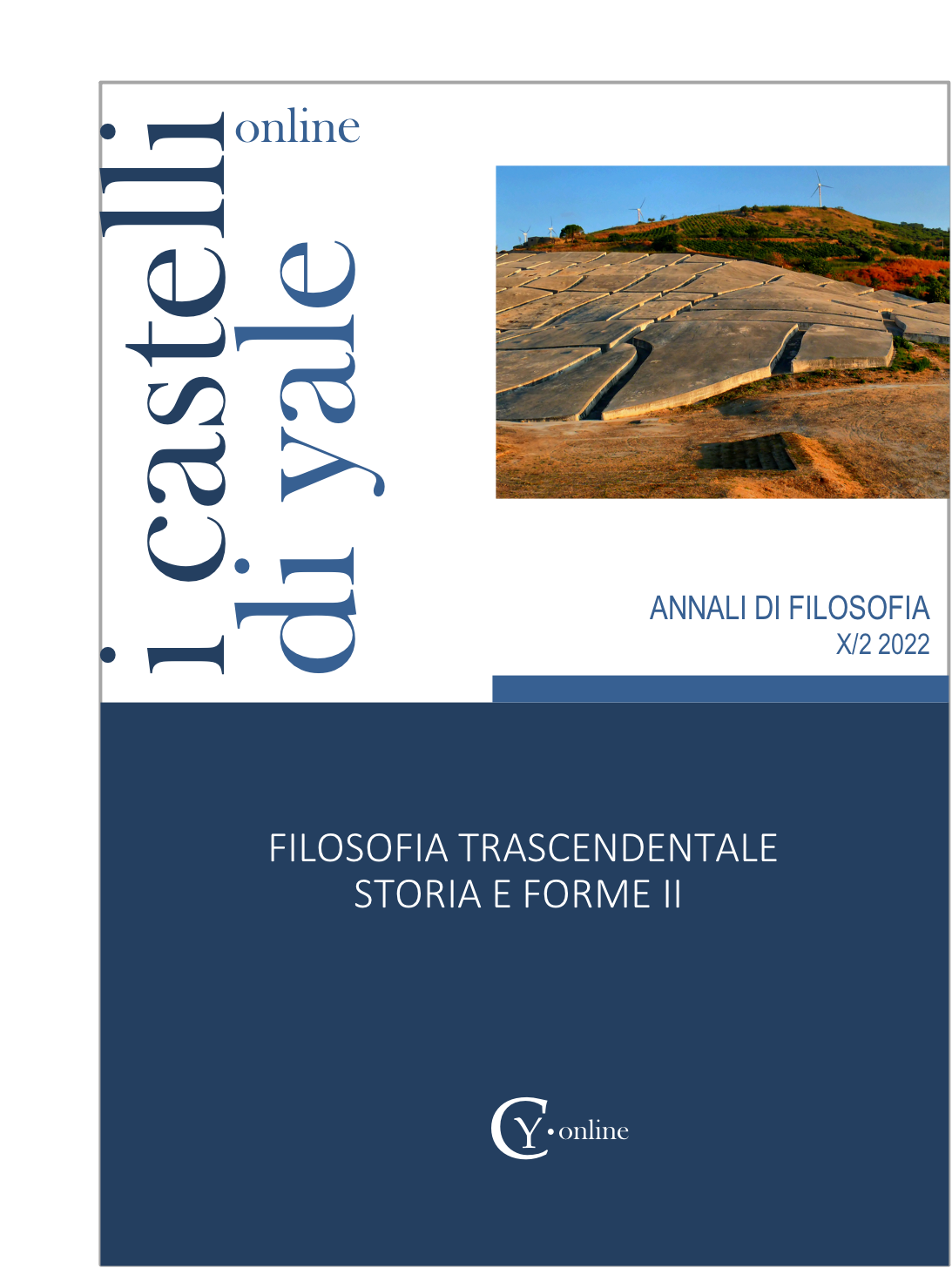La condizione pre-cinematografica della fenomenologia
Note sulla destituzione del mondo come orizzonte fenomenologico attraverso la teoria deleuziana del cinema
DOI:
https://doi.org/10.15160/2282-5460/2614Keywords:
Intentionality, Phenomenology, Deleuze, Cinema, Image-mouvementAbstract
This paper aims to highlight the way in which Gilles Deleuze’s reflections on cinema operate a removal of the World as a phenomenological horizon, starting from the abolition of intentional polarization. More specifically, I will examine the theoretical framework that allows to understand what Deleuze identified in 1983, in his first volume on cinema, Image-movement, as the “pre-cinematographic conditions of phenomenology”. If for Merleau-Ponty the screen has no horizon, Deleuze draws from this assertion some radical consequences, making cinema no more a perceptive experiment but rather the possible entry into a new image of thought where the universe is conceived as a metacinema. Furthermore, I will underline the extent in which the seventh art invokes for Deleuze a metamorphic machination of the concepts of “world”, “horizon” and “intentionality” coming from phenomenology, substituting phenomena for intensity regimes.


